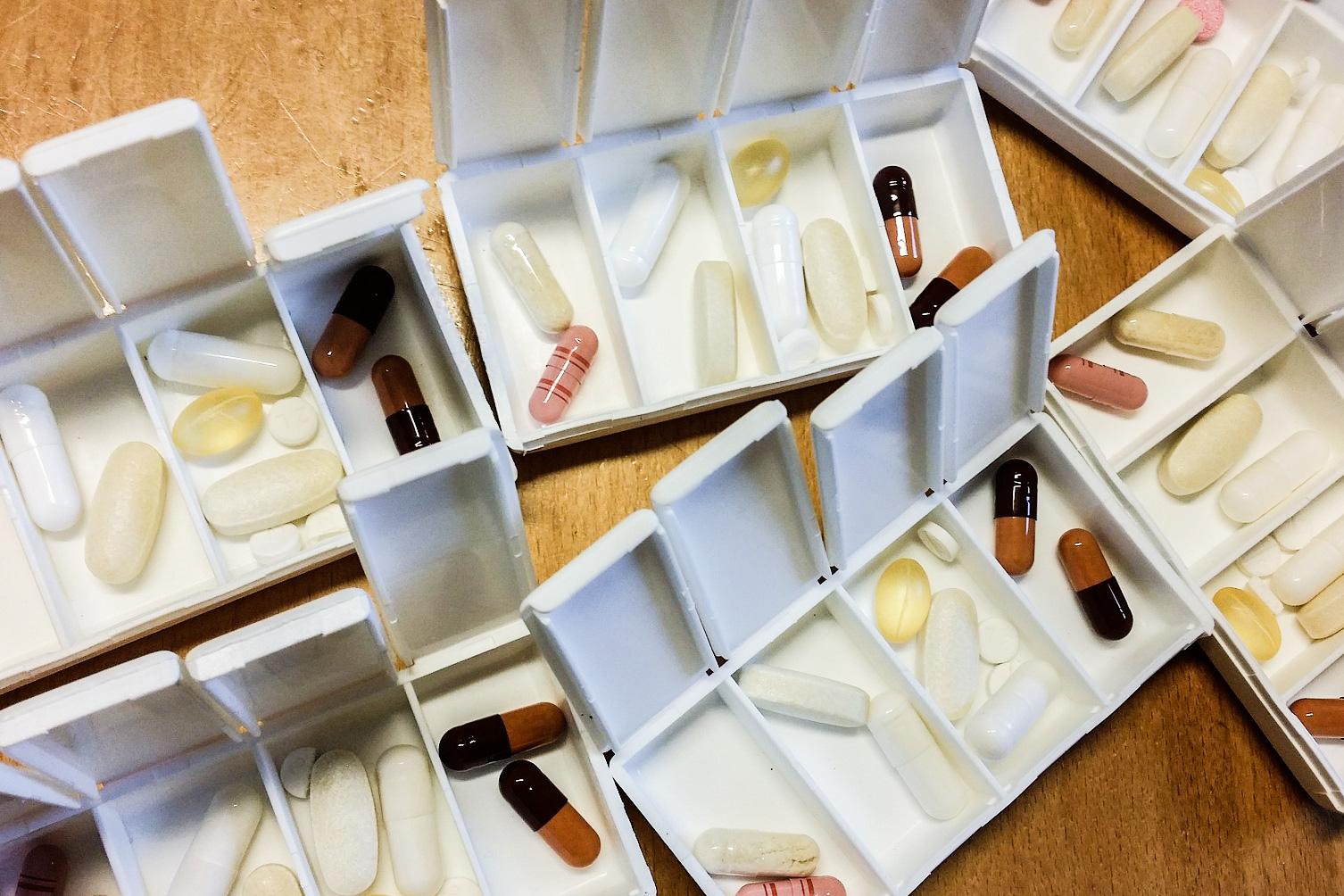Nobody pays for expensive airfare to Australia, visits the beautiful Sydney Olympic Park, and stays at one of the finest Parramatta Hotels, only to succumb to thoughts of food poisoning, fire, and earthquake. Bad things, natural or man-made, happen – there's no doubting that. But allowing the fear of unanticipated horrible events to hinder you from doing good things is just as depressing.
You want your vacation to be associated with nothing but fun, feel-good experiences as much as possible, not fear and anxiety. You can't control the circumstances but you can protect yourself, particularly your health. Apart from packing a small, well-stocked medical kit for common ailments and minor accidents, give yourself peace of mind by getting immunization shots and taking special medicines.
Want to sick-proof your vacation? Below are six medicinal approaches you might need to consider before you travel, and the ailments they aim to expel.
Disclaimer: It's suggested to consult a physician first before taking these medications.
1. Hepatitis A vaccine
Embarking on a gastronomic journey is one potent way to get introduced to the nation's culture. Foodies love it when they go downtown or places off the beaten path in search for local cuisines that thrill the tourist's palate. Still, it's also an important reminder to ensure they're not just delectable but clean too.
Hepatitis A is one possible ailment to be wary of. If you enjoy street foods and exotic foods, then your chances of acquiring the viral infection (that causes liver disease and inflammation) are high. Keep in mind that the health codes in other parts of the world aren't monitored well. There are areas with contaminated water supplies, and with poor food preparation and hygiene regulations.
Getting two shots of Hepatitis A vaccine that are six months apart is the remedy.
2. Typhoid fever vaccine
Another ailment you should watch out for is typhoid fever. The culprit is Salmonella Typhi, which can also be transmitted due to awful food preparation and hygiene. It occurs when food isn't cooked properly, thus failed to get rid of bad bacteria.
One shot of typhoid fever vaccine two weeks prior to your travel can save your life. Your physician may also recommend taking a pill every other day for four days.
3. Yellow fever vaccine
Yellow fever is a virus transmitted by an infected mosquito. If you're traveling to South America and Africa, you better take mosquito bites seriously for these countries have a high risk of yellow fever transmission.
One shot of yellow fever vaccine sometimes provide lifelong immunity but getting a booster shot may be required. Additionally, you should pack some insect repellants, long-sleeved shirts, clothes and gears treated with permethrin, and a good mosquito net.
4.Tetanus vaccine
In contrary to the myth, tetanus is not just a “rusty metal” complication - clostridium tetani also thrive in soil, dust, compost, and manure. If you have an open cut and you get in contact with the filthy matter, then there's a great chance you'll get infected. The infection can create painful muscle spasms or lockjaw, and can lead to death.
Since tetanus vaccine is considered as one of the most common vaccinations, chances are that you've already had this at least once in your life However, experts suggest you need a booster every ten years, so determine when your last check-up was.
5. Acetazolamide
Climbing high summits? Apart from packing your hiking shoes and backpack, you should also include in your packing a drug that'll keep you safe in high altitudes. Altitude sickness is a thing – headache, fatigue, nausea, dizziness, and shortness of breath you experience when climbing are some of its symptoms.
Dr. Arno Rotgans, MD., an endovascular and general surgeon, suggests asking your doctor about acetazolamide, a diuretic that is used to prevent and reduce the symptoms of altitude sickness. According to Rotgans, acetazolamide alters how the hemoglobin in the blood binds oxygen and allows it to more effectively transfer oxygen to your tissues.
6.Famotidine
If you love spicy food and you're an adventurous eater, then you'll fall in love with India, Mexico, Thailand, and South Korea, where almost every dish goes crazy with pepper. However, keep in mind that your poor stomach may hurt from the brunt of your fiery gastronomic adventure.
Unless you want to spend more time in the comfort room, it's recommended to bring famotidine with you. It is a drug used to treat certain stomach and throat (esophagus) problems. It's suggested to take the medicine once or twice a day to reduce stomach acid.
Author Bio: Carmina Natividad is one of the writers for Holiday Inn Parramatta Accommodation, a modern hotel in Western Sydney known for their exceptional accommodation, service, and location, which appeals to travelers in Australia. She has always been passionate about giving in to her wanderlust and collecting mementos from different places.













No Comments